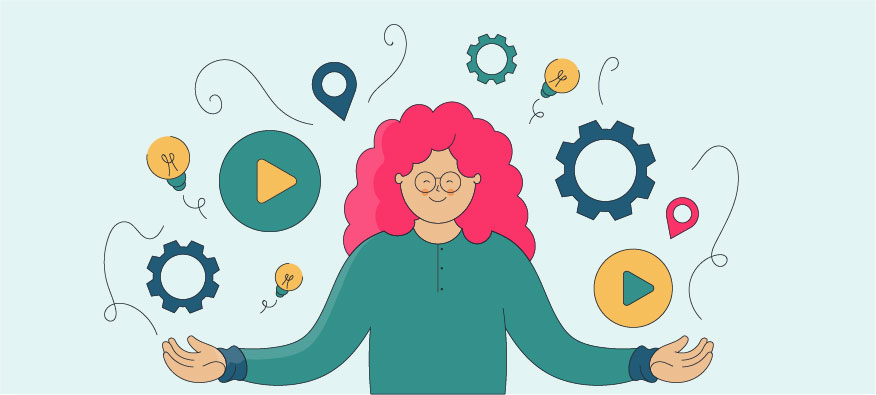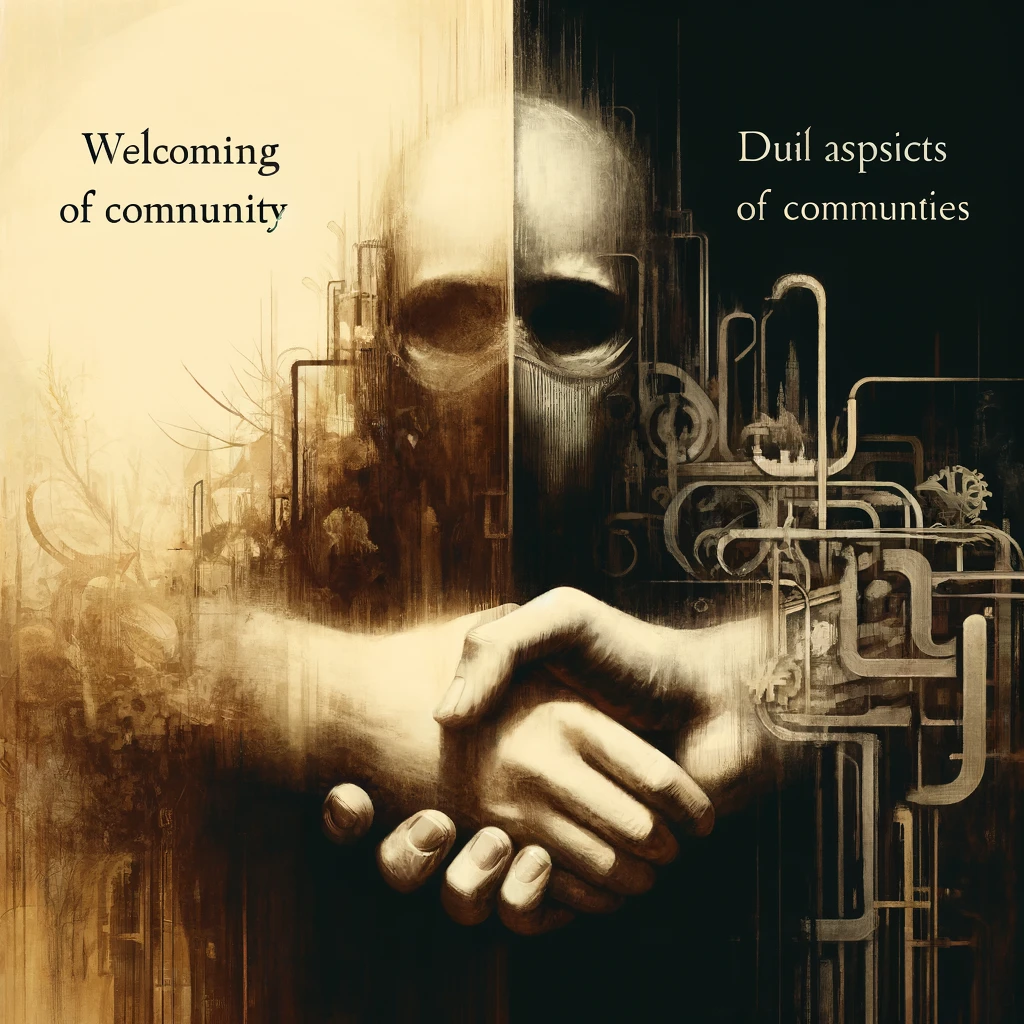Your cart is currently empty!

Think about your health for a minute
I began thinking about self-management in social work school. I still remember sitting in class in graduate school one afternoon. I was twenty-seven at the time and living in upstate New York, getting my Master’s degree. I recall sitting in a theoretical on human behavior seminar. Students were debating how everyday people could best self-monitor their mental health. In doing so, students were suggesting self-awareness will lead to better mental health.
Graduate school in social work has a significant self-reflection component. One of our educational goals is to become more self-aware of our “stuff’” Together, in class, students unpack microaggressions and discrimination people internalize. I enjoyed this aspect of graduate school. Listening to the insights of peers in my field provided a meterstick to self-assess my own “stuff.” I learned I was close to the herd regarding discrimination and social justice issues.
Due to my mental health condition, I spent much time reflecting on myself. For over a decade after my initial ‘break’ from the first episode of psychosis, I spent time in therapy and self-guided reflection, thinking about my mental health. In this context, I learned how vital reflective thinking could be to our mental health when cultivating insight and self-awareness. In short, being self-focused can be a good thing.
As a professional social worker, I thought more deeply about why and how insight-building can aid mental well-being. Sick people and struggling people need to be self-focused. When people work on themselves and their healing, being self-focused is a survival mechanism. People need to focus on themselves to recover from a significant mental health or physical ailment.
Think about your health for a minute. Have you ever broken an arm or leg? I broke my pelvis once in an auto accident. Having a broken pelvis turned my entire life around. Everything I did, from getting in and out of a car to bathing and self-care, required extreme focus, concentration, planning, and thinking about my needs and how to best address what was going on with my health and healing process—people healing need to be self-focused.
Self-awareness is a vital ingredient and prerequisite to both self-manage and self-regulate. After tuning in to the internal barometers inside each of us, people are more likely to understand their mental health better. Self-awareness means tuning into the preferred quality of our thinking and the purposefulness of our behavior.
When I first started practicing as a therapist, I wanted to apply my belief in self-management to my work. I was a mobile therapist, so I wasn’t bound to the usual four walls of a traditional therapist’s office. Therapists are generally good at teaching self-management from an internal approach. A skilled therapist must go beyond the internalized self and teach people how their external world impacts self-regulation.
I am a firm believer in collateral treatment. In addition to being self-focused, people need to tune into their relationships with the world around them. Specifically people close to them, like family or good friends. It is one thing to feel OK in a vacuum and another in a world of increasing misfortune, disparate social equity, and a sharp decline in live face-to-face interaction. Post-Covid 2022 is a time of increased isolation and social distancing at work and in our social environment.
Without question, people are fumbling when it comes to the so-called rules of social engagement. Social etiquette has taken a back seat to millennials being hyper-focused on their phones and technology instead of conversing at the dinner table. The fallout is immensely impactful on people’s mental health. My suggestion to avoid the negative impact on your mental health is to stay focused on keeping a healthy balance and perspective. Be mindful of both your local and global mental health needs. In the end, the synergy between more micro health practices to the attitude you bring to the world is rich with opportunities to improve our well-being.
Improving methods of self-monitoring can be as simple as listening to the feedback of other people in your life. Collateral input and advice are vital to our mental well-being. Peers, friends, family, and even strangers also serve as barometers, albeit external, but collateral resources to better understand our health. Sometimes, minimizing or filtering out what other people think will be essential. After all, some folks are dishonest, gaslight their friends, and some are so off in their assessment that it isn’t worth listening to them.
In today’s metaverse, the internet and social media have made everyone a talking head, and everyone has an opinion about everything. Having your thoughts as a subject is one thing, but always talking without taking time to listen is another. Listening is a skill that will further your mental health without bounds. Aside from the obvious reasons, being a good listener transforms every conversation into a social litmus test. These tests, over time, offer objective feedback about your self-management skills. Instead of your subjective assessment, you now have external, more objective counsel advising you on your readiness to meet life’s challenges.
So, listen to the advice and counsel of people you trust. I would also like to ask your friends the right questions. Begin to utilize your collateral contacts, friends, colleagues, and the people around you to serve your health. Ask the people you trust questions about your judgment. To accomplish this, walk people through insights and how you think or problem-solve more difficult or unclear situations. Listening to a friend’s feedback on a complicated or complex subject you’re invested in provides objective feedback about your judgment.
Listen, and consider, but never accept advice without reservation. There is no need to be a skeptic either. Be mindful of changes and shifts in what you believe and act on when processing information. Without being too reductive, being more aware of your thinking and behavior goes a long way in self-regulating your mental health. Self-management follows when your thinking and behavior are healthy and working in step. The sort of regulation many clinicians call stable. Being stable is your capacity to self-manage and regulate your mental health.
Consider the stabilizing benefits of good mental health. Self-management is the way to get there!
2 responses to “How does Self-Management work in Practice? ”
-
[…] I began my education and training in the field of social work, I encountered moments of self-doubt. Would my clients trust me, knowing my own history with mental illness? Would I be able to […]
-
[…] Practice Self-Care: Practicing self-care is a crucial way to overcome stigma. Taking care of your mental health needs, such as getting enough sleep, eating a healthy diet, and practicing stress-reduction techniques, can help you feel better and more confident about yourself and your condition. […]





Leave a Reply